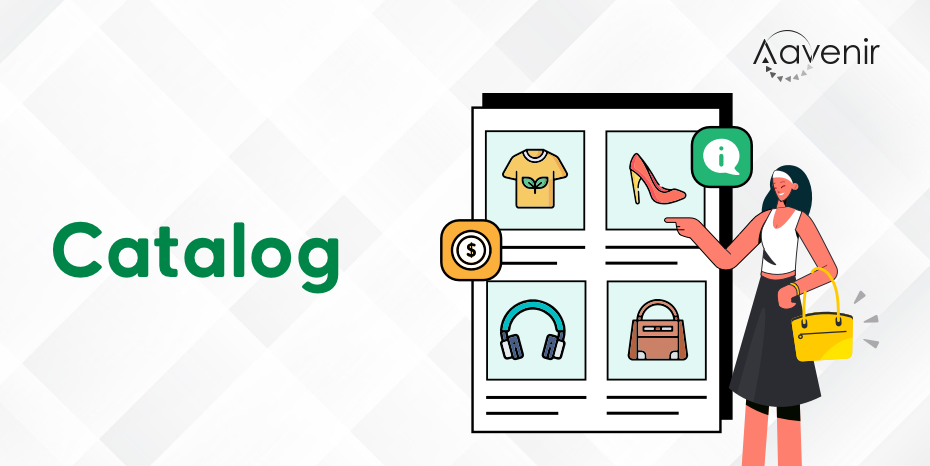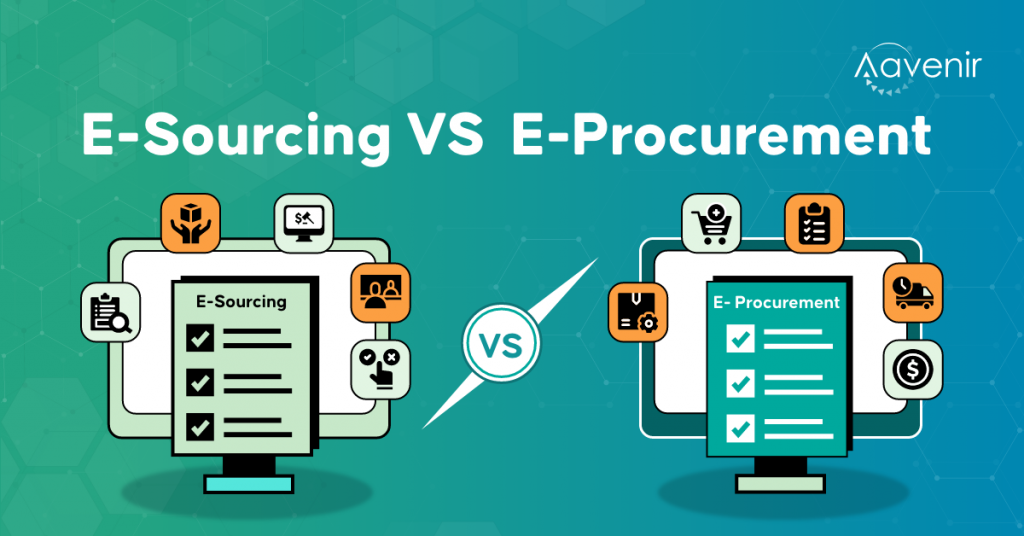What is Catalog?- Definition
The catalog or auction category is an inventory of listing of items to be sold at an auction. It is made available sometime before the auction date. Auction catalogs include rare and expensive items, such as art, books, jewelry, postage stamps, furniture, wine, cars, posters, published for sales worldwide. These items can be of interest in themselves--they will include detailed descriptions, provenance, historical significance, photographs, and even comparative analyses and descriptive essays by subject experts.

Understanding Catalog
Auction catalogs are critical documentation for rare objects in private collections and make up an essential supplier’s libraries for students of material culture, appraisers, museums, and dealers.
Each entry typically includes a “lot number” identifying each item uniquely, a description of the item, and either an estimated price or a “reserve” price below which the item will not be sold. Photographs may appear with the entry or be grouped into a separate catalog section; for lower value items, the textual description may be considered sufficient.
What is included in the Catalog?
An auction catalog must tread a fine line between accuracy and promotion as a combined information source and “sales brochure.” For instance, any damages or flaws must be described precisely so that buyers cannot claim to have been deceived. Still, at the same time, the description will typically include words playing down the bad points (as in “brownish spot that does not detract from appearance” or “faint crease, as is common”). Similarly, positive features are highlighted, such as “one of only four known examples of this type,” or perhaps a photograph of an item of jewelry worn by a famous person.
Auction catalogs may be sent to favored customers without charge, but catalogs may be charged for, sometimes as much or more than other books. Bookstores may sell vital historical records or even appear as items in book auctions.
Some time after the auction is concluded, recipients of the auction catalogs may receive a “prices realized” document, a basic listing of the lot numbers and the prices for which each was sold. Prices may be posted online. Some collectors annotate their copies of the catalogs to record prices brought and even buyers’ identities.
Online or Electronic Catalog
Printed catalogs or product lists provide specifications, prices, and, frequently, illustrations of the items that suppliers can provide. The disadvantages of hard copy catalogs may be obsolete even before they are published and are too slow to provide information in a dynamic marketplace.
An online catalog is a digitized version of a supplier’s catalog. It benefits both buyers and suppliers in that they:
- Facilitate real-time two-way communication between buyers and sellers.
- Allow for the development of closer buyer-supplier relationships due to improved vendor services and by informing buyers about products or services of which they might otherwise be unaware.
- Enable suppliers to respond quickly to market conditions and requirements by adjusting prices and repackaging.
- Virtually eliminate the time lag between the generation of a requisition by a catalog user and the issue of the purchase order as:
- Authorization, where required, can be done online and notified and confirmed by email.
- Users are authorized to generate their procurements (subject to value and item constraints); the catalog is automatically generated without the intervention of the Procurement function.
Explore Additional Resources to Know More



